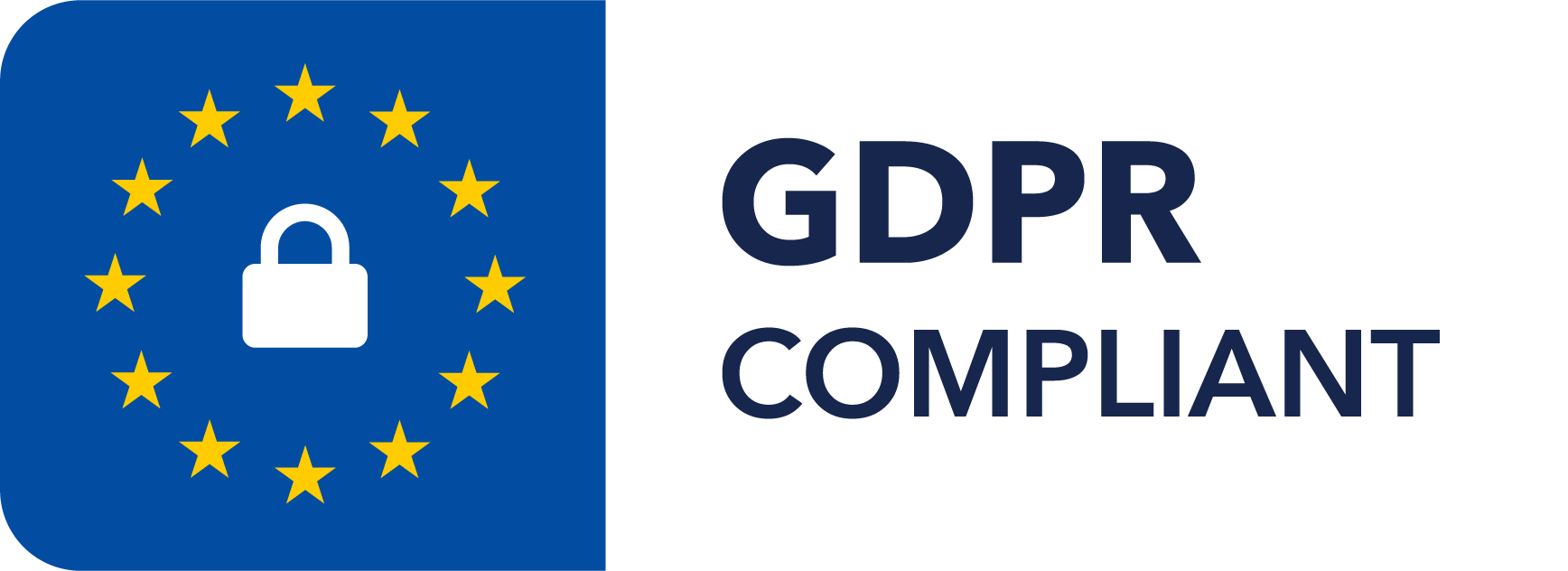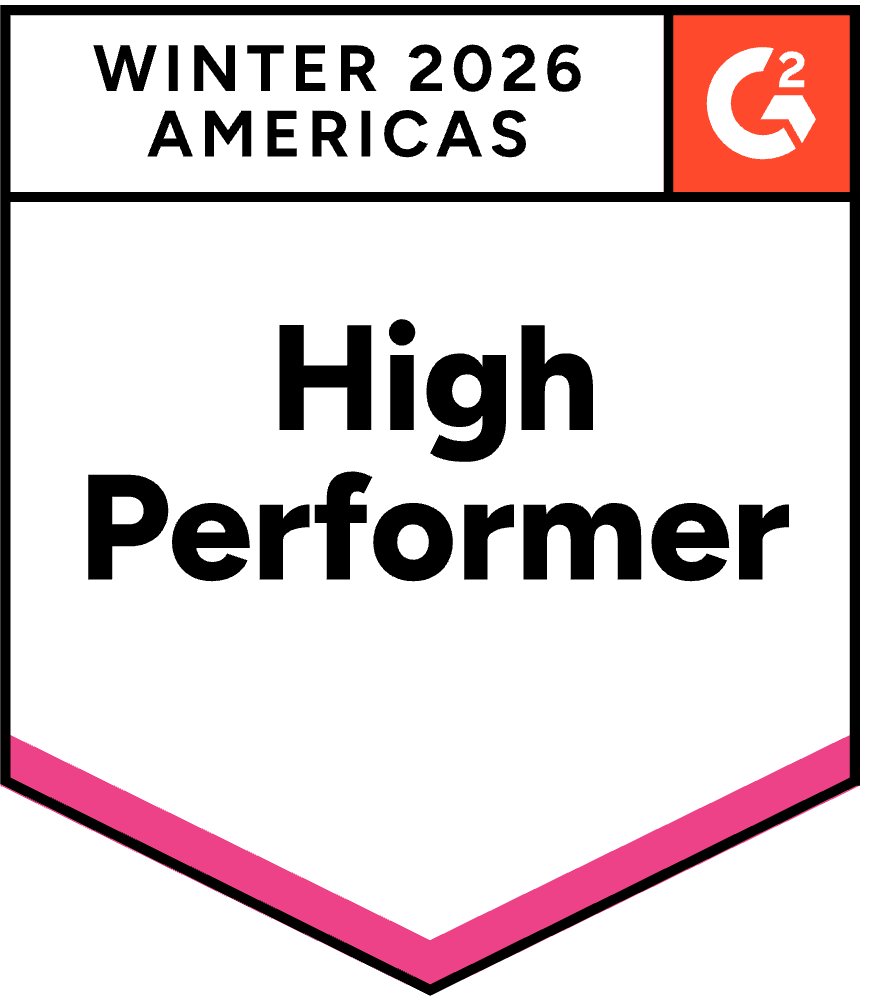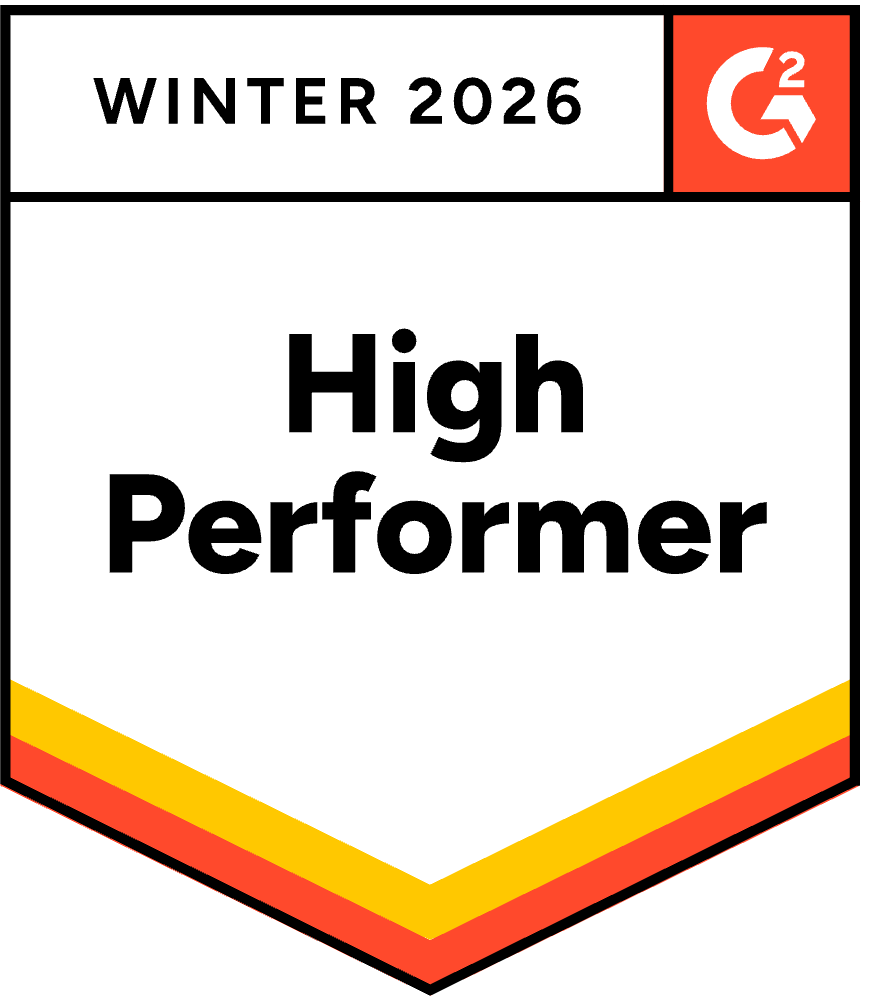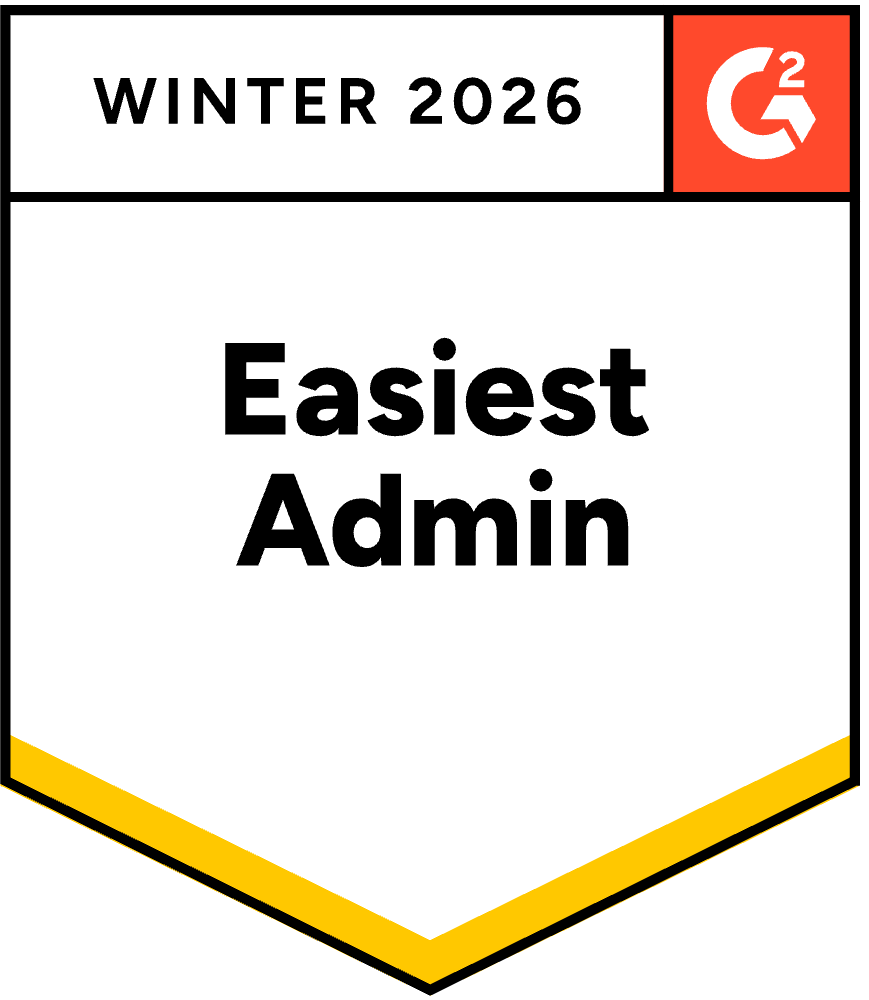DDQ Meaning: Due Diligence Questionnaire Guide 2025
April 25, 2025
By
Evie Secilmis

Receiving a Due Diligence Questionnaire is actually a good sign. It means the deal is getting serious and you’re a final contender for a high-value partnership. But this critical step can quickly turn into a liability if your team isn't prepared. The client is asking for a transparent, under-the-hood look at your company's security, stability, and operations. A slow, disorganized, or inconsistent response can raise red flags and jeopardize the trust you’ve worked so hard to build. To turn this challenge into an opportunity, you need a solid strategy. This guide breaks down the real DDQ meaning, explaining why clients send them and how you can prepare a winning response that accelerates the deal instead of slowing it down.
If you’ve been hit with a flood of vendor security questionnaires lately, you’re not alone.
They’re long, they’re repetitive, and they’re slowing deals down.
Most teams don’t have time to waste on copying old answers into new forms. But when due diligence is on the line, you can’t afford to get it wrong either.
This post breaks down what a DDQ actually is, why they take so much time, and how to respond faster—with way less stress.
First Off: What Is a DDQ?
A Due Diligence Questionnaire (DDQ) is a comprehensive document sent by prospective clients to evaluate a vendor’s risk posture.
It typically covers areas such as:
- Data security policies
- Regulatory compliance (SOC 2, HIPAA, GDPR, etc.)
- Business continuity and disaster recovery protocols
- Technical architecture and system security controls
If you’ve heard the term vendor security questionnaire, it’s essentially synonymous. The two are often used interchangeably across industries.
The Scope and Purpose of a DDQ
A DDQ isn’t just another form to fill out; it’s a critical step in the vetting process for high-stakes business relationships. Its purpose is to give a potential partner a transparent, under-the-hood look at your company's operations, stability, and security posture. This deep dive allows them to assess any potential risks before committing to a partnership, merger, or significant purchase. Understanding the scope of a DDQ helps you prepare for the level of detail required and appreciate why your prospective client is asking for it in the first place. It’s a sign that the deal is getting serious, and they see you as a genuine contender.
More Than Just a Security Check
While security is a huge component, a DDQ goes much deeper. As the team at Skypher explains, "A Due Diligence Questionnaire (DDQ) is a document with many questions used to check out a company before you start an important business relationship with them." Think of it as a comprehensive health check for your entire business. It covers everything from your financial stability and insurance coverage to your corporate governance and litigation history. It’s designed to give the other party a complete picture of who they’re about to go into business with, ensuring there are no surprises down the road.
Key Business Deals That Require a DDQ
You’ll typically encounter a DDQ during major business transactions where risk assessment is paramount. According to Skypher, "DDQs are very important for big investments and business deals like buying or merging companies, private investments, and checking out new vendors." For sales teams, the most common trigger is the vendor onboarding process for a large enterprise client. When a company is about to invest heavily in your product or service, they need to verify that you are a stable and secure partner. This is especially true in highly regulated industries like finance and healthcare, where a vendor’s compliance can directly impact the client’s own regulatory standing.
How a DDQ Fits into the Broader Sales Process
The DDQ doesn't exist in a vacuum. It’s part of a sequence of documents and conversations that move a deal from initial interest to a signed contract. While it can feel like a roadblock, it’s actually a sign of a serious, high-value opportunity. Understanding where it fits in relation to other common sales documents, like RFPs and NDAs, can help your team anticipate the request and prepare a winning response without slowing down the sales cycle. It’s a key milestone on the path to closing your most important deals, and handling it efficiently shows your potential partner that you’re organized and reliable.
DDQ vs. RFP: What's the Difference?
It’s easy to confuse a DDQ with an RFP, but they serve distinct purposes. A great way to frame it comes from AutoRFP.ai: "The RFP is about what the vendor can *do* for a project, while the DDQ is about who the vendor *is* as a company." An RFP focuses on your solution—how it meets the client's needs, its features, and the project's scope. A DDQ, on the other hand, verifies your company's operational integrity. It often comes after the RFP, once you've been shortlisted as a viable candidate. Because both documents pull from the same well of company knowledge, using a centralized AI deal desk ensures your answers are consistent and accurate for every request.
The Role of Non-Disclosure Agreements (NDAs)
Given the sensitive nature of the information requested in a DDQ, confidentiality is key. As Secureframe notes, "The information shared in a DDQ is often secret." You're providing details about your internal security controls, financial health, and other proprietary data. To protect this, a Non-Disclosure Agreement (NDA) is almost always signed before the DDQ is exchanged. This legally binding contract ensures that the prospective client will not share your confidential information. It’s a standard, trust-building step that allows you to be fully transparent in your answers without putting your company at risk.
Why DDQs Take So Long
Most DDQs aren’t short. They run 100+ questions—some even top 200, especially in finance, healthcare, or enterprise tech.
The problem? Every questionnaire needs input from security, legal, and IT. And that means:
- Chasing down subject matter experts
- Digging through old documents
- Copying answers
- Tweaking language
- Double-checking everything for accuracy
The Growing Importance of Third-Party Vetting
It’s not your imagination—these questionnaires are becoming more common because the stakes are higher than ever. As companies increasingly rely on outside vendors for critical business functions, they also open themselves up to new risks. A security breach at one of your vendors could easily become a breach at your own company. That’s why a Due Diligence Questionnaire has become a standard part of the procurement process. It’s a prospective client’s primary tool for evaluating a vendor’s risk posture before signing a contract. They need to verify that your data security policies, compliance certifications, and disaster recovery plans are solid enough to protect their own business and customers.
Key Statistics on Vendor Risk
This isn't just a hypothetical concern. The threat of third-party risk is very real, and the data backs it up. According to research from Diligent, about 60% of security problems originate from vendors and other third parties. When a potential customer sends you a DDQ, they’re actively working to avoid becoming part of that statistic. They are doing their homework to ensure you have the proper controls in place to protect their sensitive information. Your thorough and accurate response is your best opportunity to build trust and prove that you are a secure, reliable partner worth doing business with.
The Teams Involved in a DDQ Response
Answering a DDQ is definitely a team sport. No single person has all the information needed to complete one accurately. A comprehensive response requires input from subject matter experts across your entire organization. You’ll need to pull in stakeholders from your security, legal, IT, finance, and even HR departments to get the right answers. The key is to assemble a cross-functional team and ensure everyone provides clear, honest, and complete information. Hiding potential issues or providing vague answers will only raise red flags and jeopardize the deal. This collaborative process is essential for a successful response, but it’s also a major reason why DDQs can bring a sales cycle to a grinding halt while you chase down people and information.
The result?
- Teams lose hours—sometimes days—on repetitive work
- Answers get outdated or inconsistent
- Sales cycles stall
- People burn out
And if it’s rushed? You might miss something.
Or worse—promise something you can’t deliver.
Common Types of Due Diligence Questionnaires
Just like no two companies are exactly alike, no two DDQs are identical. The questions you’ll face depend heavily on your industry and the nature of the deal. While the core purpose—vetting a potential partner—remains the same, the focus can shift dramatically. You’ll often see DDQs tailored for specific sectors like technology, government, and finance, each with its own set of priorities and compliance standards. Understanding the different flavors of DDQs helps you anticipate what’s coming and prepare your team for the specific information they’ll need to provide, ensuring you’re ready for any line of questioning that comes your way.
Standardized and Industry-Specific DDQs
While many companies create their own DDQs from scratch, others rely on standardized frameworks to streamline the process. These templates are often specific to an industry and cover the most common areas of risk. For example, a tech company might receive a DDQ focused on data privacy and cybersecurity protocols, while a government contractor will face intense scrutiny over compliance and operational integrity. Using a standardized questionnaire can save the issuing company time, but it also means you, as the respondent, are more likely to see the same questions pop up in different deals. This is where having a well-organized library of answers becomes a huge advantage.
Hedge Fund and Financial DDQs
If you’re in the financial services space, get ready for a deep dive. Hedge fund and financial DDQs are notoriously detailed, designed to give potential investment partners a complete picture of a firm. These questionnaires go far beyond basic security, covering everything from your company’s leadership structure and investment strategy to your operational processes and risk management policies. They often include sections on regulatory compliance and, increasingly, your approach to environmental, social, and governance (ESG) factors. The goal is total transparency to build investor confidence.
Environmental, Social, and Governance (ESG) DDQs
ESG DDQs are becoming more common across all industries, not just finance. As companies face growing pressure to operate responsibly, they want to ensure their partners are doing the same. This type of questionnaire helps identify risks and best practices related to a company’s environmental impact, social policies, and corporate governance. You might be asked about your carbon footprint, diversity and inclusion initiatives, or board oversight. Answering an ESG DDQ is a chance to showcase your company’s commitment to ethical practices, which can be a powerful differentiator.
IPO and M&A Due Diligence
When the stakes are as high as a merger, acquisition, or initial public offering (IPO), the due diligence process is exhaustive. An M&A or IPO DDQ is a comprehensive guide used to inspect every corner of a business before the deal is finalized. The questions cover a massive range of topics, including financial health, legal liabilities, intellectual property, customer contracts, and human resources. The level of detail is intense because the issuing company needs to uncover any potential red flags that could derail the transaction or cause problems down the road.
Best Practices for Both Sides of the DDQ
A smooth and efficient DDQ process isn’t just on the respondent—it’s a shared responsibility. Both the company issuing the questionnaire and the one answering it have a role to play in making the experience productive rather than painful. When both sides approach it with clarity and preparation, you can get through the vetting process faster and build a stronger foundation for a potential partnership. It’s about moving beyond a simple checklist and turning due diligence into a meaningful conversation that confirms you’re the right fit for each other.
For the Company Issuing the DDQ
If you’re the one sending the DDQ, your goal is to get clear, relevant information without overwhelming the vendor. The best way to do that is to tailor your questions to the specific deal and industry. Avoid sending a generic, one-size-fits-all questionnaire that’s full of irrelevant queries. Instead, focus on the risks that matter most for your partnership. A well-crafted DDQ not only yields better answers but also shows the vendor that you’ve done your homework and respect their time. This simple step can set a positive tone for the entire relationship.
For the Company Responding to the DDQ
When a DDQ lands in your inbox, your first move should be to assemble your response team. Answering accurately requires input from multiple departments, including legal, finance, IT, and security. Trying to tackle it alone is a recipe for mistakes and burnout. The key is to create a single source of truth for your company’s information. This is where an AI deal desk solution can be a game-changer. By centralizing your approved answers in one place, you can ensure every response is consistent, accurate, and up-to-date, no matter who is working on the questionnaire.
The Value of Performing an Internal DDQ
Don’t wait for a prospective client to put you under the microscope. One of the most powerful things you can do is perform an internal DDQ on your own company. This proactive exercise helps you identify and address potential weaknesses in your security, compliance, and operations before they become red flags in a real deal. It also allows you to gather and vet your answers ahead of time, creating a library of pre-approved content. When a real DDQ arrives, you’ll be prepared to respond quickly and confidently, which can significantly shorten your sales cycle.
What “Optimized for DDQ” Really Means
Being optimized for DDQ means your team can answer faster, with less back-and-forth.
You’re not reinventing the wheel every time—you’ve got a system.
It’s not just about saving time—it’s about doing it right, every time, without the scramble.
How Software Can Help
Modern due diligence questionnaire software—like Iris—makes a huge difference.
Here’s how teams are using it to complete DDQs way faster:
- Smart content reuse – Past answers live in one place, easy to find and update
- AI-powered matching – Suggested responses surface automatically, based on the question
- Built-in collaboration – Route questions to the right people, no email chains
- Customization tools – Tailor responses to match the client’s tone or industry
And when you bring in something like Phoenix (Iris’s built-in co-pilot)?
Now you’ve got help writing, refining, and checking for gaps—without losing control.
Centralizing Knowledge for All Stakeholders
Let's be real: responding to a DDQ is a team sport. It’s never just one person’s job. You need accurate information from your security team, legal has to sign off on compliance statements, and IT needs to verify technical details. Without a central hub for all this knowledge, you're stuck in an endless loop of chasing down subject matter experts and hoping the information you find is still correct. An AI-powered platform creates that single source of truth. Instead of pinging five different people for one answer, everyone contributes to a central knowledge base. This means when a new DDQ comes in, your team can access verified, up-to-date information instantly, ensuring your responses are consistently accurate across every questionnaire.
The Bottom Line
Due diligence questionnaires aren’t going anywhere.
In fact, they’re becoming more rigorous and more frequent—especially as security and compliance expectations increase across industries.
That’s why forward-thinking teams are evolving their approach.
Not by scaling headcount. Not by rushing through submissions.
But by implementing smart, structured systems that scale with demand and reduce friction—without sacrificing quality.
Want to learn more about how Iris can help you scale your DDQ process?
Frequently Asked Questions
What does DDQ mean in finance? DDQ stands for Due Diligence Questionnaire, a structured set of questions used by investors, clients, or regulatory bodies to assess risks, compliance, and operational processes before making decisions. It helps gather detailed information about companies or funds to ensure transparency and informed evaluation.
What are the benefits of using DDQ software? DDQ software streamlines the collection, storage, and management of due diligence questionnaires. It increases efficiency by automating responses, ensuring consistency, and improving data security. Leading DDQ software providers also offer features like version control, collaboration tools, and secure cloud storage.
Which are the best-rated DDQ software platforms? Top DDQ software platforms are known for their user-friendly interfaces, robust security measures, and integration capabilities. Providers like [example providers] lead the market by offering comprehensive solutions that simplify due diligence, reduce manual errors, and support regulatory compliance.
What features should I look for in DDQ software? Efficient DDQ software should offer secure storage, automated workflows, version control, and collaboration tools. Integration with existing systems and customizable templates also help complete DDQs faster and maintain consistency across responses.
How can I complete a DDQ more efficiently? To complete a DDQ efficiently, use specialized due diligence questionnaire software that automates repetitive tasks, stores previous responses for reuse, and provides collaborative features. Organizing your data beforehand and maintaining up-to-date documentation also speeds up the process and ensures accuracy.
Key Takeaways
- A DDQ Means the Deal is Serious: Don't view a Due Diligence Questionnaire as a hurdle. It's a positive indicator that you've been shortlisted for a significant partnership, giving you a prime opportunity to solidify trust and demonstrate your company's reliability.
- Stop the Cross-Departmental Scramble: A single DDQ pulls in experts from security, legal, and IT, making it a major time sink. Relying on email chains and shared drives for this collaboration creates bottlenecks and increases the risk of using outdated or inconsistent information.
- Centralize Your Answers to Accelerate Deals: Build a reliable knowledge base with pre-approved content from all your subject matter experts. This proactive approach eliminates repetitive work and ensures every response is accurate, helping you complete DDQs faster and keep your sales cycle moving.
Related Articles
Share this post
Link copied!




















